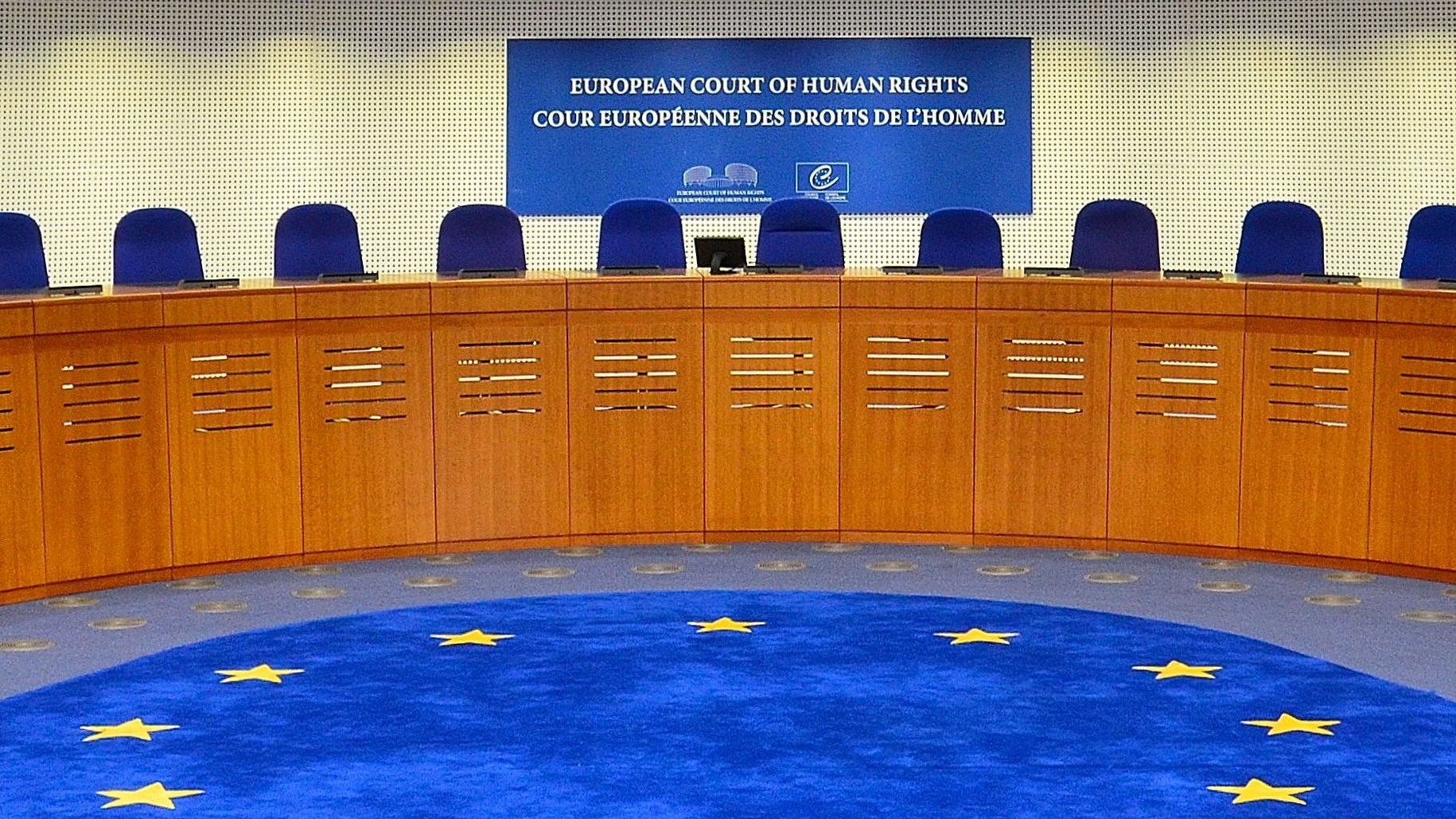The European Court of Human Rights (ECHR) frequently defends the ‘right’ of foreign criminals to remain on European soil. It will come as no surprise, therefore, to learn that this Court has once again condemned Denmark for deporting an Iraqi cocaine trafficker, Zana Sharafane.
Only recently, Switzerland was condemned for deporting a Bosnian cocaine trafficker. In both cases, the ECHR ruled that the deportations had too great an impact on the private or family life of the offenders.
The Zana Sharafane v. Denmark judgment, delivered on 12 November 2024, received little attention, even though it stands out from its predecessors: the ECHR used the opportunity of this case to take a new step in its case law. The European judges developed an original line of reasoning, creating new rights for foreign criminals.
They began by pointing out that the ECHR has prohibited the permanent deportation of foreign nationals since 2021. According to the ECHR, any deportation should be temporary and accompanied by a guarantee of the possibility to return.
and by congratulating Denmark, which deported Z. Sharafane for a temporary period of six years. Secondly, the ECHR stated that ‘the applicant’s prospects of being readmitted to Denmark after the expiry of the six-year re-entry ban remain purely theoretical…For him, the six-year re-entry ban would de facto amount to a permanent ban.’
‘According to the ECHR, any deportation should be temporary and accompanied by a guarantee of the possibility to return’
In other words, since Denmark has the option to refuse a residence permit to Z. Sharafane in the future, he has no guarantee of being able to return to Denmark at the end of the six-year period if he does not meet the conditions for legal immigration. There is therefore a ‘risk’ that his deportation, although temporary, will in practice be permanent, and it is for this reason that such a deportation would violate his rights.
What the European judges are contesting with this reasoning is the fact that Z. Sharafane is subject to the same immigration rules as foreigners who have never lived in Europe.
The ECHR insists that Z. Sharafane had developed a ‘private life’ in Denmark, and this should entitle him to a form of ‘guarantee of return.’ Consequently, Z. Sharafane should not have to apply for a residence permit in the same way as all foreigners wishing to immigrate to Europe.
The Increasingly Permissive Case Law of the ECHR
In this case, the ECHR ruling will have little impact. Z. Sharafane escaped from the Danish authorities before serving his full sentence, so he could not really be deported: ‘The applicant was released from custody on 4 August 2021. He was summoned to serve the rest of his sentence on 30 May 2022, but failed to present himself to the relevant authorities. His subsequent whereabouts are unknown.’
On the other hand, the ruling will set a precedent. It was unanimous, meaning that all the judges on the panel were in favour. The ECHR classified it as of ‘Importance level 2,’ which, in the Court’s terminology, means that it is not merely an application of existing case law but makes a new contribution to it.
This ruling once again undermines the sovereign right of States to decide whether a foreigner may reside within their territory. It gives precedence to individual ‘privacy’ over the common good by deciding in favour of a foreign criminal.
When it comes to deportations, the case law of the ECHR is increasingly lax. While deportations of foreign nationals were originally blocked only where there was a risk of torture in the country of origin, since 1988 European judges have also relied on respect for ‘private and family life.’ On this same basis, the ECHR has also recognised its right to block the withdrawal of citizenship of dual nationals since 1999. It banned permanent deportations in 2021. In the Zana Sharafane case, it now prohibits deportations that are not accompanied by a guarantee of return.
Foreign Traffickers Should Be Deported to Combat Drug Trafficking
The ECHR attached very little importance to the fact that Z. Sharafane was convicted of trafficking in cocaine and other drugs. However, under international and European law, not only does the fight against drug trafficking justify restrictions on the privacy of drug traffickers, but it is also an obligation of States: in fact, European States have signed up to the United Nations (UN) conventions on drug control.
The problem of drug trafficking is international and has been managed at this level since the International Opium Convention of 1912. This international effort preceded the European Convention on Human Rights (1950) and any international protection of human rights.
The ‘war on drugs’ means restricting the movement of drug traffickers, and therefore for each State to deny foreign traffickers’ entry to their territory. It is regrettable that human rights should undermine the joint efforts of States to combat the international scourge of drug trafficking.
Related articles:







